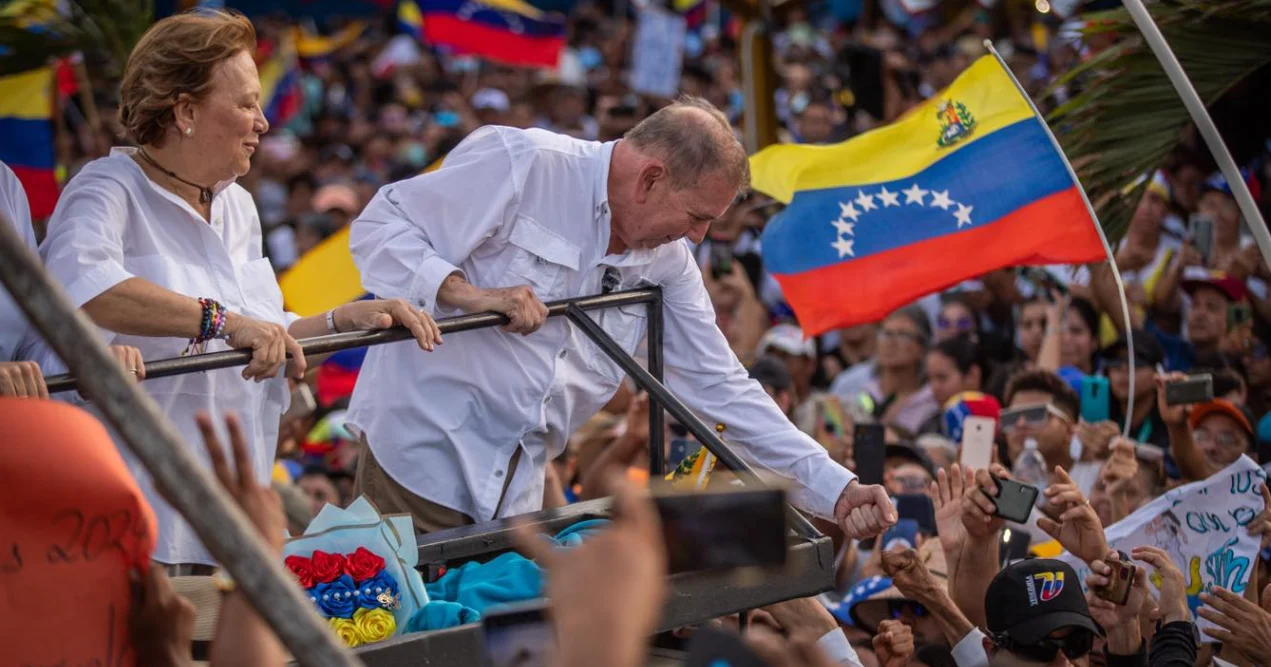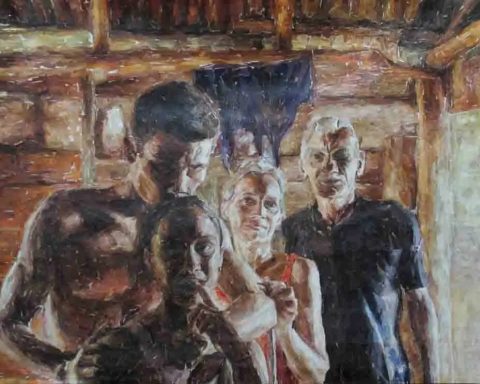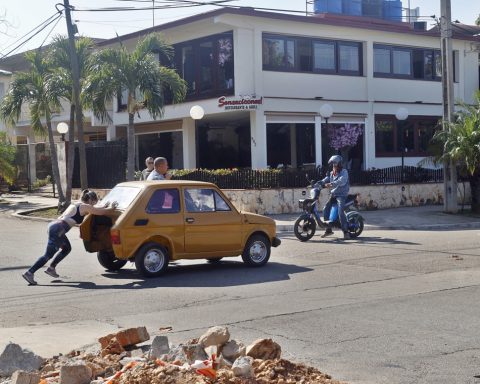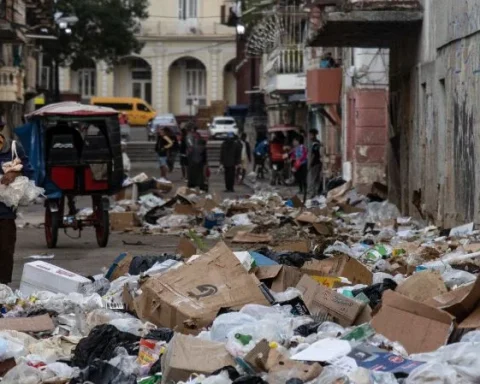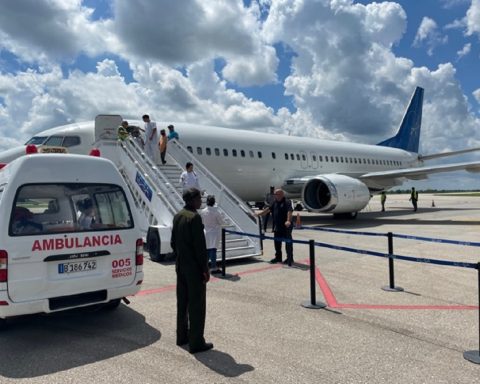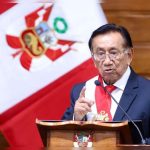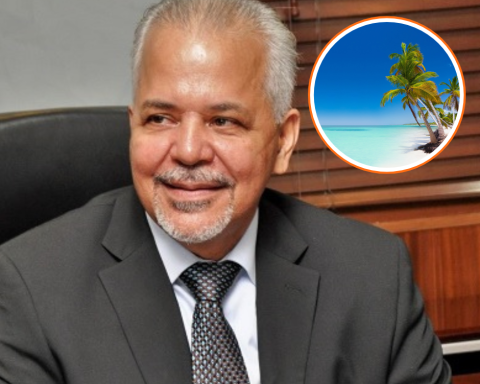MADRID, Spain.- The recent departure The decision by Edmundo González Urrutia, a Venezuelan opposition candidate who was granted political asylum in Spain, has unleashed a wave of reactions internationally, particularly in the United States and in various Latin American countries. González’s decision to leave Venezuela is considered by many to be a direct reflection of the political persecution he has faced from the regime of Nicolás Maduro since the presidential elections of last July 28th.
Reaction of the United States
The United States was one of the first countries to express its position on the forced departure of González Urrutia. Secretary of State Antony Blinken issued a statement on Sunday in which he express his support and called him “an indisputable voice in favor of peace and democratic change in Venezuela.” Blinken attributed González’s departure from the country to the “anti-democratic measures” imposed by the Maduro regime since the July elections. And he recalled that the results of the elections reflect the clear desire of Venezuelans for a democratic change.
Blinken, through your account on X, He also stressed that “Maduro’s post-election repression has killed or imprisoned thousands of people” and that Edmundo González, as the winning candidate, “remains the best hope for democracy” in Venezuela. In his message, he urged the international community not to allow Maduro to continue clinging to power through force and to respect the popular will.
Reactions in Latin America
Several Latin American countries also showed their support and condemned the repression of the Chavista regime. Ministry of Foreign Affairs of Paraguay Paraguay reiterated its commitment to the Venezuelan people and called for “unrestricted respect for human rights and fundamental freedoms.” Paraguay also called for “the immediate restoration of the rule of law” in Venezuela.
Chile, for its part, expressed his rejection González’s “forced exile,” condemning the persecution, harassment and political violence of which she has been a victim. The Chilean government reiterated its call for “fundamental freedoms and the physical integrity of all Venezuelans” to be respected.
With a statement issued by its Ministry of Foreign Affairs, Costa Rica joined the criticism. In its statement, it condemned the “political persecution” in Venezuela. The Costa Rican authorities regretted that the repression of the Maduro regime forced Edmundo González to go into exile, and denounced the regime’s attempts to legitimize what they considered a electoral fraud.
In addition, They pointed out that the Venezuelan people deserve a return to democracy and the rule of law “which they so desire and which was made manifest by its citizens at the polls when they voted massively for Edmundo González.”
Support from Europe
The High Representative of the European Union for Foreign Affairs, Josep Borrell, also spoke out on the case, describing the day as “a sad day for democracy in Venezuela.” Borrell lamented that González, who had clearly won the elections according to the available records, was forced to leave his country due to repression and direct threats to his safety.
Borrell expressed his concern about the situation in Venezuela and called for a political solution that respects the will of the Venezuelan people. The head of European diplomacy stressed that the international community must remain vigilant and support those fighting for democracy in the South American country.
Position of the Organization of American States (OAS)
The Organization of American States (OAS) also issued a statement describing what happened to Edmundo González as a case of “forced exile.” According to the OAS, the Maduro regime has failed to present evidence of the election results and has responded with repression and threats to those who seek to defend the democratic process.
The OAS condemned the arrest warrant issued against González, who did not respond to three summonses related to the publication of the disaggregated results of the elections. According to the organization, these summonses were not properly substantiated and only sought to justify the persecution of the opposition leader.
The departure of Edmundo Gonzalez
Edmundo González Urrutia left Venezuela on the night of Saturday, September 7, bound for Spain, after the Spanish government granted him political asylum. The news was confirmed by the Spanish Foreign Minister, José Manuel Albares, who announced on platform X that González had left on a Spanish Air Force plane. Albares reaffirmed Spain’s commitment to the political rights and security of Venezuelan citizens.
González had previously held a meeting with Spanish diplomats as part of the negotiations that led to his departure from the country. These negotiations lasted two weeks, while the Maduro regime intensified legal actions against him.
Venezuelan Vice President Delcy Rodriguez also confirmed Gonzalez’s departure via a post on Instagram, in which she said Venezuela had granted the necessary safe-conduct passes “for the sake of tranquillity and political peace.” However, Dutch authorities revealed that Gonzalez spent a month in their embassy in Caracas before requesting asylum in Spain.
Finally, opposition leader María Corina Machado defended González’s departure, arguing that his life was in danger due to increasing threats and persecution. Machado said that González would be sworn in as president of Venezuela on January 10, 2024, reflecting the popular will expressed in the elections last July.
